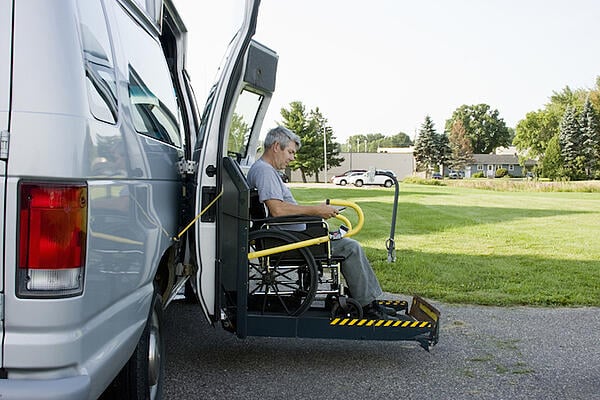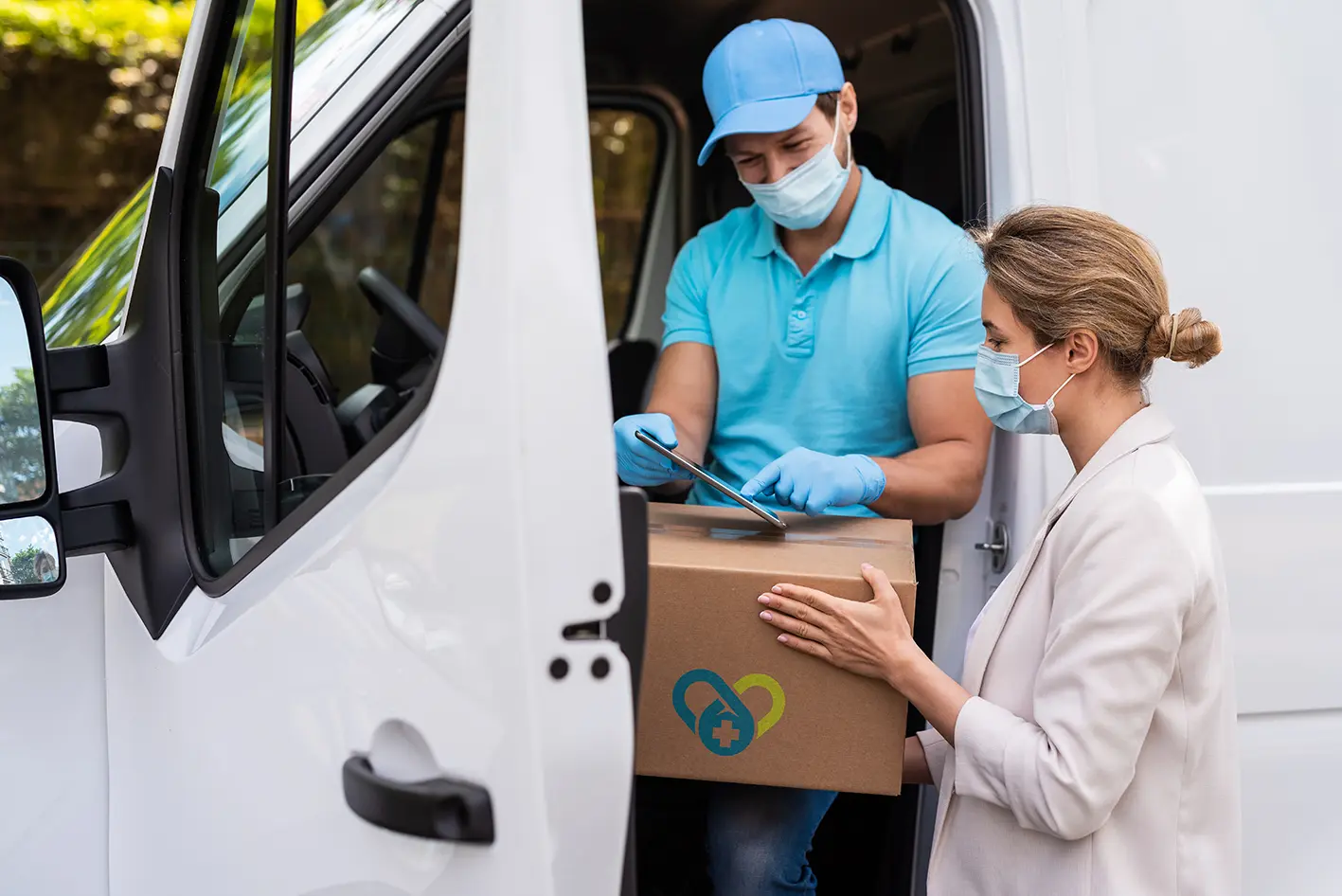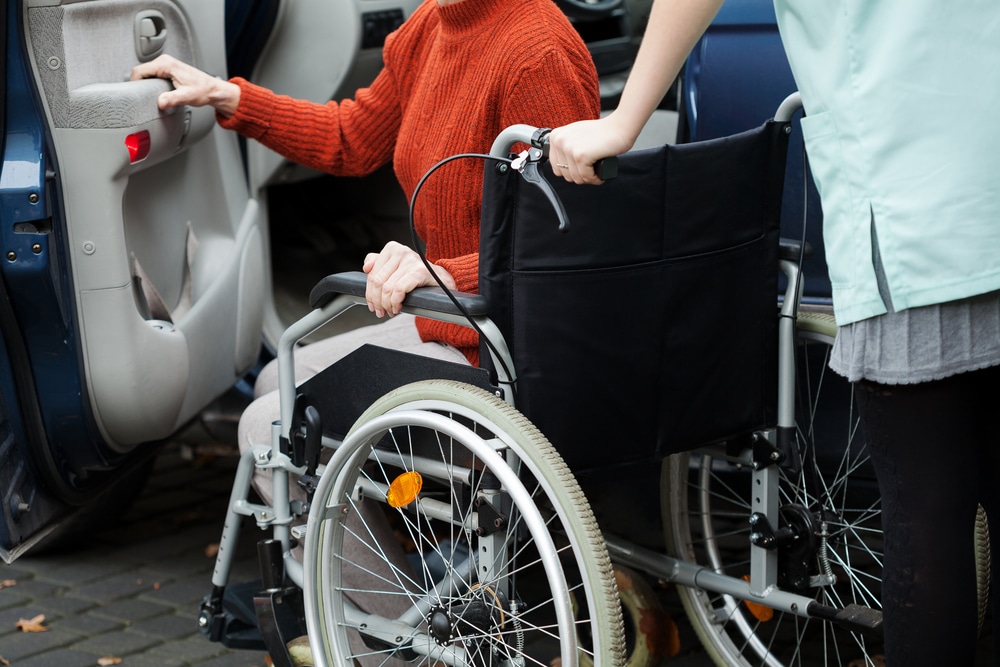Professional Medical Transportation: Prompt and Specialist Service
Professional Medical Transportation: Prompt and Specialist Service
Blog Article
Affordable and Accessible Medical Transportation Options for Every Circumstance
In the realm of health care, the ability to accessibility medical services is vital, yet the obstacle of cost effective and available transportation can frequently hinder people from receiving necessary care. By discovering specialized medical transport services, community transportation programs, ride-sharing and taxi solutions, non-emergency clinical transport, as well as public transit and paratransit options, individuals can find avenues that cater to their specific demands and ensure they get the care they require.
Specialized Medical Transportation Solutions
Specialized medical transport services play an important role in making certain secure and reliable transportation for individuals calling for specialized treatment during transportation. These services satisfy people with one-of-a-kind clinical requirements, such as those needing consistent tracking, customized devices, or medical treatments during transportation. By utilizing particularly equipped vehicles and skilled medical personnel, specialized clinical transport services ensure that individuals receive the required treatment while being transported in between health care centers, residences, or other areas.
One trick aspect of specific clinical transportation services is the focus on client convenience and safety. Clinical transport teams are trained to manage numerous medical conditions and emergencies that may develop throughout transportation, providing a higher degree of treatment than traditional transport alternatives. Additionally, these services frequently use door-to-door help, decreasing the stress and anxiety and discomfort that patients may experience throughout transfers.
Neighborhood Transport Programs
Having actually dealt with the essential function of specialized clinical transport solutions in making sure safe and reliable transport for individuals with one-of-a-kind medical demands, the focus currently shifts to taking a look at Community Transport Programs - medical transportation. These programs play an important duty in offering economical and obtainable transportation services for the basic populace, including senior citizens, people with disabilities, and low-income households that may encounter difficulties in accessing traditional transport alternatives
Neighborhood Transport Programs encompass a series of solutions such as fixed-route buses, paratransit services, volunteer chauffeur programs, and ridesharing efforts. These programs are frequently funded by neighborhood governments, charitable organizations, or personal business to make certain that people have dependable transportation choices to reach medical visits, supermarket, social activities, and other necessary locations.
Ride-Sharing and Taxi Services

Among the key advantages of ride-sharing and taxi services is their ease of access. These solutions run 24/7, permitting people to take a trip to clinical appointments, pharmacies, or hospitals at any type of time of the day. Furthermore, ride-sharing and taxi solutions provide to people with wheelchair difficulties by supplying wheelchair-accessible lorries upon demand.
Additionally, ride-sharing and taxi services can be especially useful for individuals residing in areas with minimal public transportation options. By bridging the void in between home and healthcare centers, these services play an important role in guaranteeing that every person has access to essential clinical services.
Non-Emergency Medical Transport

Non-Emergency Medical Transport providers usually utilize experienced employees that are experienced in aiding individuals with differing clinical needs. By using door-to-door solution, Non-Emergency Medical Transportation boosts the general availability of health care for individuals that may otherwise struggle to attend important medical consultations.
Public Transit and Paratransit Options
Public transit and paratransit options offer essential transport solutions for from this source people with varying movement needs, ensuring accessibility to crucial destinations such as clinical facilities and appointments. Public transportation systems, including buses, trains, and metros, supply a cost-efficient and commonly available setting of transportation for people seeking to get to medical visits. These services are specifically helpful for those who might not have access to exclusive cars or need aid as a result of wheelchair challenges.
Paratransit solutions cater specifically to individuals with handicaps who are not able to use typical mass transit. These solutions use door-to-door transportation, fitting people with wheelchairs, pedestrians, or various other flexibility aids. Paratransit lorries are equipped with features such as wheelchair ramps and securement systems to make certain the safe and comfortable transport of passengers with varying wheelchair needs.

Conclusion

Report this page